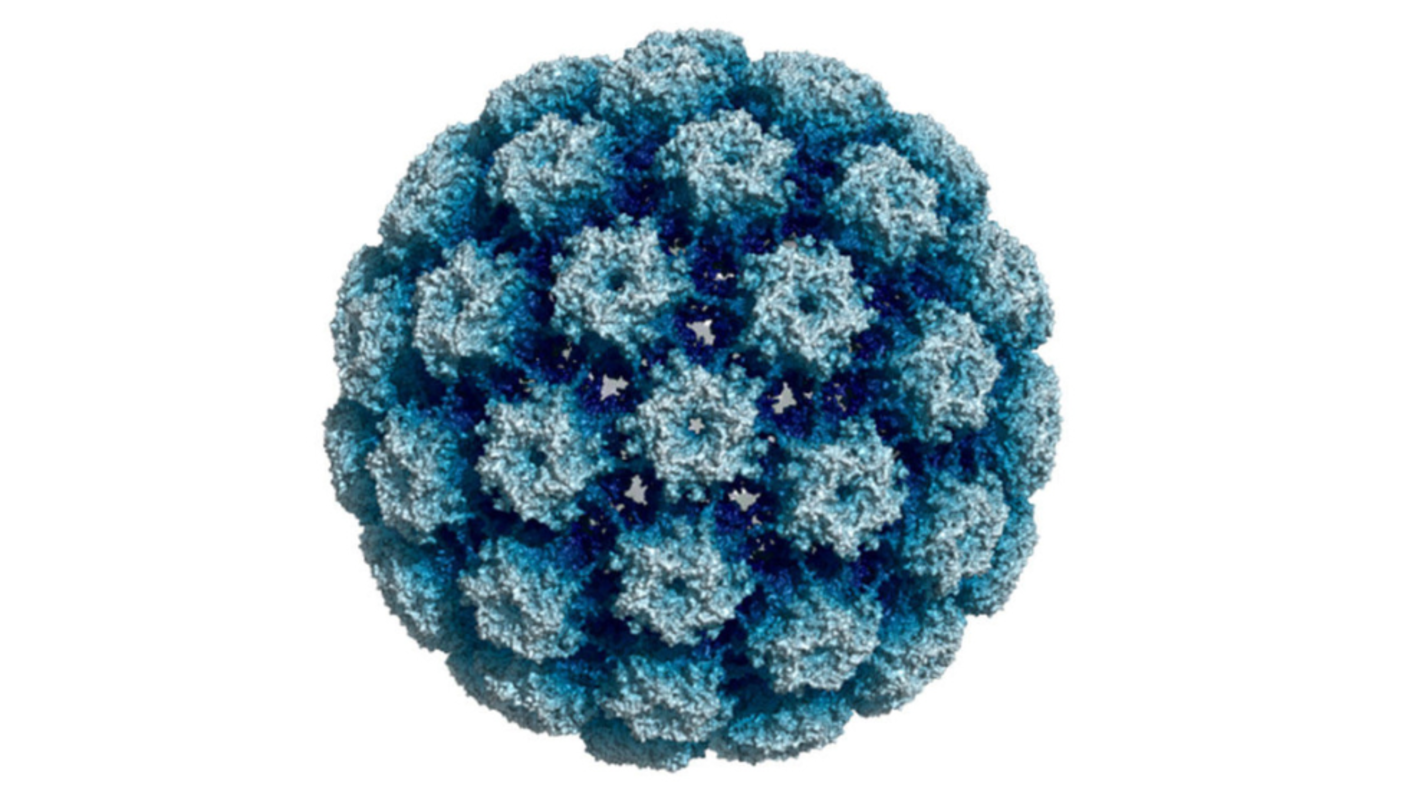Despite HPV vaccines, screening will remain central for decades to control cervical cancer. Recently, HPV testing alone or with cytology was introduced in the U.S. as an alternative to cytology screening. However, most HPV infections are harmless and additional tests are required to identify women at highest cancer risk. With three options for primary screening, and without clear strategies for triage of screen-positive women, there is great confusion about the best approach. Also, increasing HPV vaccination coverage will lead to lower cervical cancer prevalence and predictive value of a positive screen, and force new screening approaches.
To address the changing landscape in cervical cancer screening, we are evaluating the performance of several promising biomarkers head-to-head in a screening population. We will follow 70,000 women from Kaiser Permanente Northern California and store “discard” cytology and HPV test specimens. This is an expansion of the infrastructure and existing agreements from the ongoing HPV Persistence and Progression (PaP) cohort. The new phase of the cohort study—a Cancer Moonshot priority—will be the only U.S. effort and the largest study in the world to evaluate comprehensively candidate cervical cancer screening and triage biomarkers.
IRIS addresses important gaps of knowledge identified in recent guidelines and will impact screening practice. Furthermore, the cohort will be an important resource for ongoing and future etiologic work on HPV-related cancers, particularly the work on HPV viral and host genetics, epigenetics, and cervicovaginal microbiome.
For more information, contact Nicolas Wentzensen.
